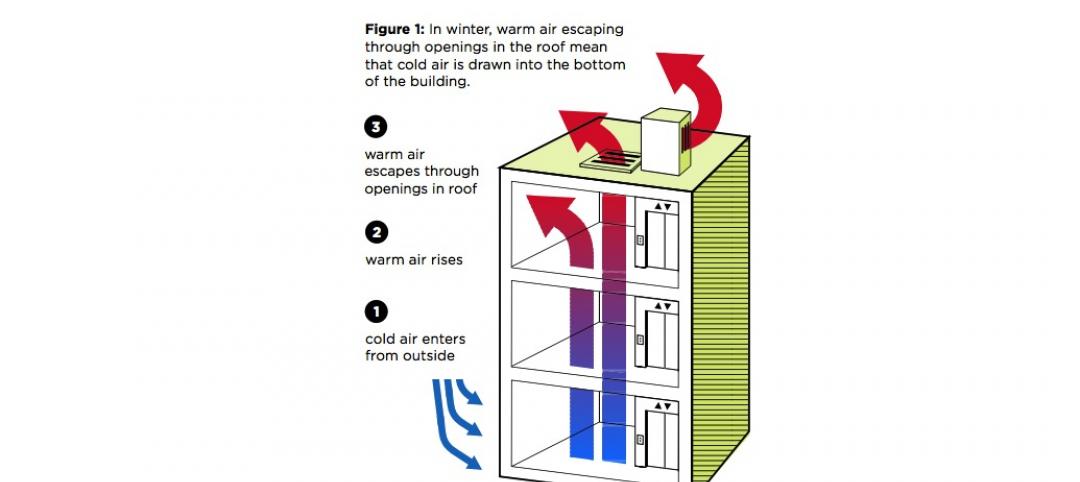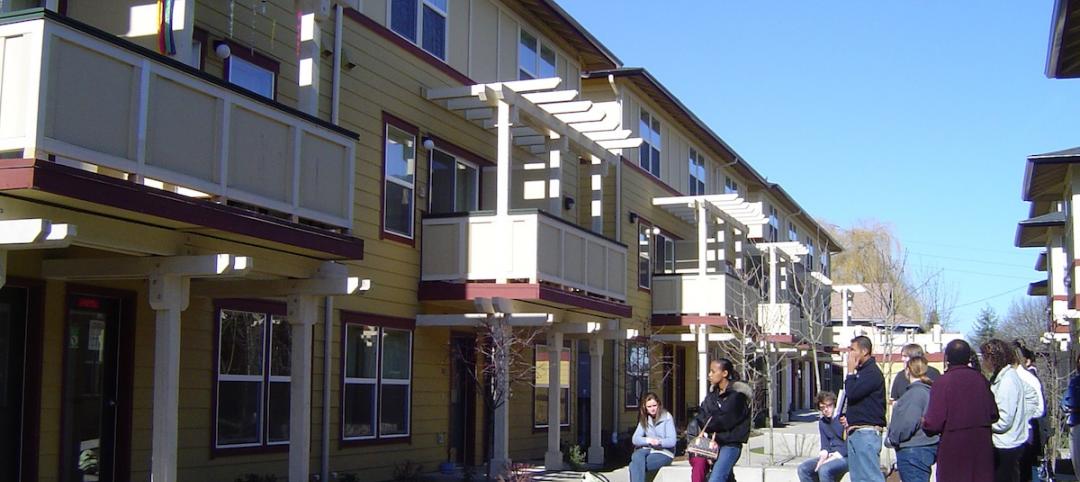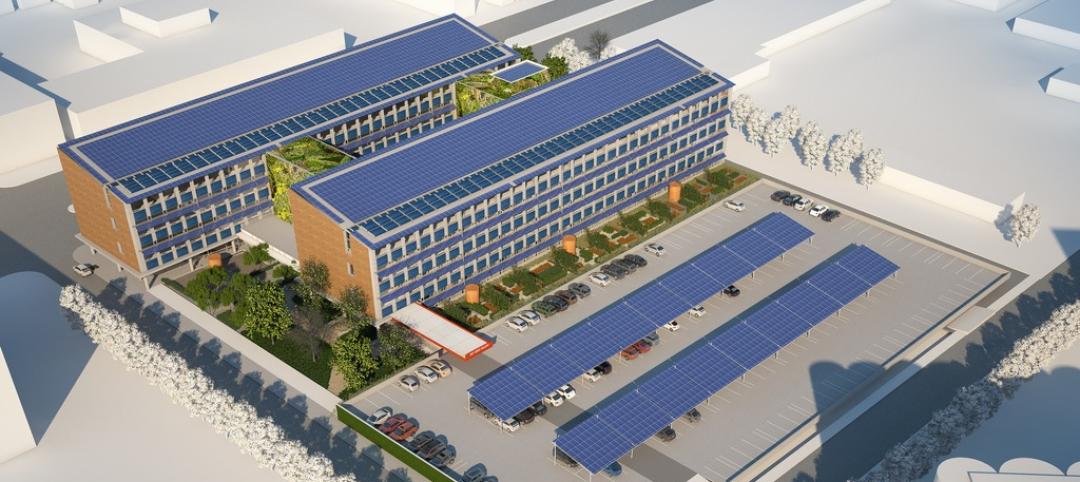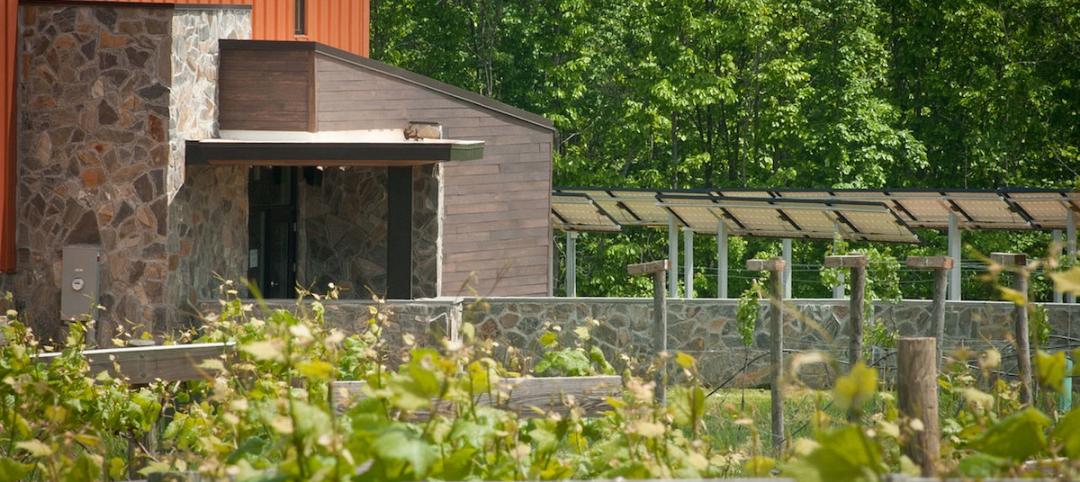There is significant popular support for community solar projects in the U.S., but opposition by utilities and some legislative restrictions are holding back their development.
Nearly 1,600 community solar projects, sometimes called “solar gardens,” are operating nationwide. Most are operating in Minnesota, Massachusetts, New York, and Colorado.
The Biden administration continues to support a $15 million Energy Department initiative to expand the number of solar gardens, particularly in low- and moderate-income neighborhoods. At the state level, though, where regulators set the power rules, interest groups are fighting over what defines community solar and who should generate it.
Utilities say having too many players could unravel regulatory structures that assure power grid reliability and warn of more disasters such as last winter’s deadly blackout in Texas. Some regulations, such as one in Minnesota that restricts ratepayers from subscribing to solar gardens only in their county or an adjacent one, have unintended consequences. The Minnesota rule means the heavily populated Twin Cities region has many potential subscribers but lacks space for gardens. On the other hand, rural areas have ample room for installations but fewer buyers for the energy.
Related Stories
Codes and Standards | Mar 29, 2015
Elevator shafts a major source of heat loss in New York City
A typical New York apartment building loses thousands of dollars worth of energy every year from leaky elevator shafts that vent warm air at the top of the building and draw in cold air at the bottom, according to a new Urban Green Council report.
Green | Mar 22, 2015
6 myths holding back green building
Sustainable design has proven benefits, so why isn’t it more widely adopted?
Multifamily Housing | Mar 16, 2015
New Jersey Supreme Court puts control of affordable housing agency in the courts
The court said the state’s affordable housing agency had failed to do its job, and effectively transferred the agency's regulatory authority to lower courts.
Codes and Standards | Mar 16, 2015
San Jose adopts bird-friendly building standard
The standard includes avoiding large chunks of transparent or reflective glass and adding fritting.
Codes and Standards | Mar 12, 2015
Energy Trust of Oregon offers financial incentives for net-zero buildings
The organization is offering technical assistance along with financial benefits.
Codes and Standards | Mar 10, 2015
Real estate interests push Congress for Census funding
The groups have joined forces to urge Congress to fully fund the 2020 Census and the annual American Community Survey in its 2016 budget.
Codes and Standards | Mar 5, 2015
Charlotte, N.C., considers rule for gender-neutral public bathrooms
A few other cities, including Philadelphia, Austin, Texas, and Washington D.C., already have gender-neutral bathroom regulations.
Codes and Standards | Mar 5, 2015
FEMA cuts off funding to Indiana after Kokomo continues building stadium in flood zone
FEMA will withhold funding on $5.5 million worth of projects such as building tornado safe rooms in schools.
Codes and Standards | Mar 5, 2015
Construction problems at prison spur support to quash non-traditional project delivery in Iowa
Iowa lawmakers are investigating construction problems at the Fort Madison prison project and are scrutinizing rules regarding project delivery on state projects.
Codes and Standards | Mar 5, 2015
AEC industry groups look to harmonize green building standards, codes
The USGBC, ASHRAE, ICC, IES, and AIA are collaborating on a single green code.
















